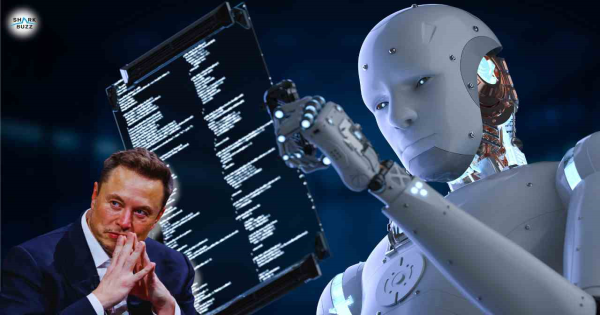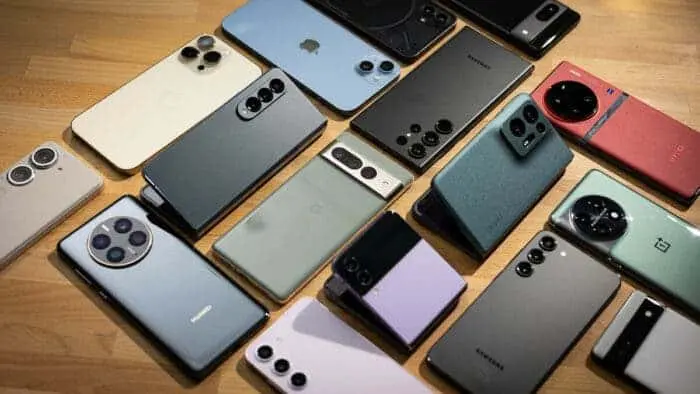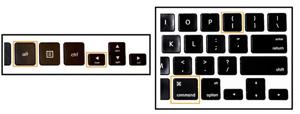
As we move deeper into the 21st century, the reign of the smartphone—the device that has defined our daily lives for over a decade—may be approaching its twilight. Influential tech leaders such as Elon Musk, Bill Gates, Mark Zuckerberg, and Sam Altman are pointing toward a paradigm shift. They foresee a world where smartphones are replaced by wearable technologies and brain-computer interfaces, introducing entirely new ways to interact with the digital realm.
Yet, while these trailblazers chart a futuristic path, Apple’s CEO Tim Cook seems hesitant to abandon the kingdom smartphones have built.

A Technological Evolution: From Smartphones to Mind-Controlled Interfaces
The smartphone has become our constant companion—but change is coming. According to some of the brightest minds in technology, the next big leap is not just in hardware but in how we interact with machines. The focus is shifting toward:
-
Brain-computer interfaces (BCIs)
-
Wearable devices
-
Electronic tattoos
-
AI-integrated health monitoring
Let’s explore what each of these visionaries is working on and how it may shape our digital future.
Elon Musk and Neuralink: A World Without Screens
What is Neuralink?
Elon Musk’s brainchild, Neuralink, is working on a direct connection between the human brain and computers. By implanting small devices in the brain, Neuralink enables users to control digital systems using just their thoughts.
Key Highlights of Neuralink:
| Feature | Description |
|---|---|
| Brain Implant | Tiny device embedded in the brain |
| Wireless Communication | Sends brain signals directly to machines |
| Current Testing | Two human trials have already taken place |
| Future Applications | Control prosthetics, communicate without speaking, and enhance cognition |
The Goal:
“To eliminate the need for physical interfaces—no screens, no keyboards, just your mind.”
Musk envisions a post-smartphone era, where typing, scrolling, and tapping become obsolete. Imagine opening apps, sending texts, or navigating systems purely with your brainwaves.
Bill Gates and the Rise of Electronic Tattoos
Chaotic Moon and Smart Tattoos
While Elon Musk delves into our minds, Bill Gates is focusing on our skin. Through a company named Chaotic Moon, Gates is investing in electronic tattoos—a fascinating blend of biotech and nanotech.
What Are Electronic Tattoos?
These are skin-worn devices embedded with nano-sensors that gather and transmit data in real-time.
Features and Capabilities:
-
Health monitoring (heart rate, hydration, blood pressure)
-
GPS tracking
-
Secure identification
-
Gesture-based communication
-
Wireless data transfer
Potential Uses in Daily Life:
| Use Case | Functionality |
|---|---|
| Health Tracking | Constant health stats without wearables or tests |
| Location Services | Real-time tracking with enhanced privacy controls |
| Communication | Control devices with simple hand movements or muscle contractions |
This innovation could make your own body the interface, replacing phones, watches, and even fitness bands.
Zuckerberg, Altman, and the Augmented AI Ecosystem
Mark Zuckerberg: Building the Metaverse
Meta (formerly Facebook) under Mark Zuckerberg is pushing toward mixed reality and wearable augmented devices like the Meta Quest and AR glasses. These devices aim to blend physical and digital environments, making screens optional.
Zuckerberg’s Vision Includes:
-
AR glasses for daily computing
-
Virtual meetings without physical devices
-
Mixed-reality gaming and education
-
Meta’s AI assistant integrated into all wearable tech
Sam Altman: The Mind Behind OpenAI
As the CEO of OpenAI, Altman sees a future where AI is fully embedded into our personal environments, working seamlessly with wearable and BCI technologies.
He emphasizes AI personalization, enabling smart wearables to:
-
Learn and predict user preferences
-
Manage communications and tasks
-
Interface with smart environments (homes, vehicles, etc.)
Tim Cook: The Last Guardian of the Smartphone Era?
Despite this technological revolution on the horizon, Apple’s Tim Cook appears more cautious. Apple continues to focus heavily on the iPhone and incremental upgrades rather than radically new interface technologies.
Apple’s Current Priorities:
-
iPhone innovation and sales
-
Apple Watch and wearable accessories
-
Focused AR/VR development (e.g., Apple Vision Pro)
Why Apple Is Holding Back:
-
Dominant market share in smartphones
-
Strong revenue stream from iPhone sales
-
User reliance on conventional tech ecosystems
However, with increasing momentum in wearable and neural technologies, even Apple may soon have to pivot.
The New Digital Interface: Benefits and Concerns
Benefits of Wearables and Brain Interfaces:
-
Hands-free interaction
-
Faster access to information
-
Better health monitoring
-
Real-time communication
-
Integration with AI
Concerns and Ethical Questions:
| Concern | Description |
|---|---|
| Privacy | Sensitive personal data being continuously collected |
| Security | Possibility of hacking or unauthorized access |
| Health Risks | Long-term effects of implants or sensors |
| Affordability | Will only the wealthy benefit initially? |
| Dependency | Over-reliance on AI and tech for basic functions |
Will Smartphones Truly Become Obsolete?
The consensus among futurists is not if, but when smartphones will become obsolete. The transition may not happen overnight, but the seeds are being planted now.
What the Transition May Look Like:
-
Short Term (0–5 years):
Coexistence of smartphones with early wearable/brain interface tech. -
Medium Term (5–10 years):
Widespread adoption of wearables and smart tattoos in healthcare and communication. -
Long Term (10+ years):
Mainstream usage of brain-computer interfaces, with smartphones fading out.



.jpg)









.jpg)

